
Lab Members

This page focuses on current BEET Lab Engineers and Scientists (BEETLES).
There are other pages that focus on the principal investigator/lab director, lab alumni, and lab collaborators.
Current PhD Students
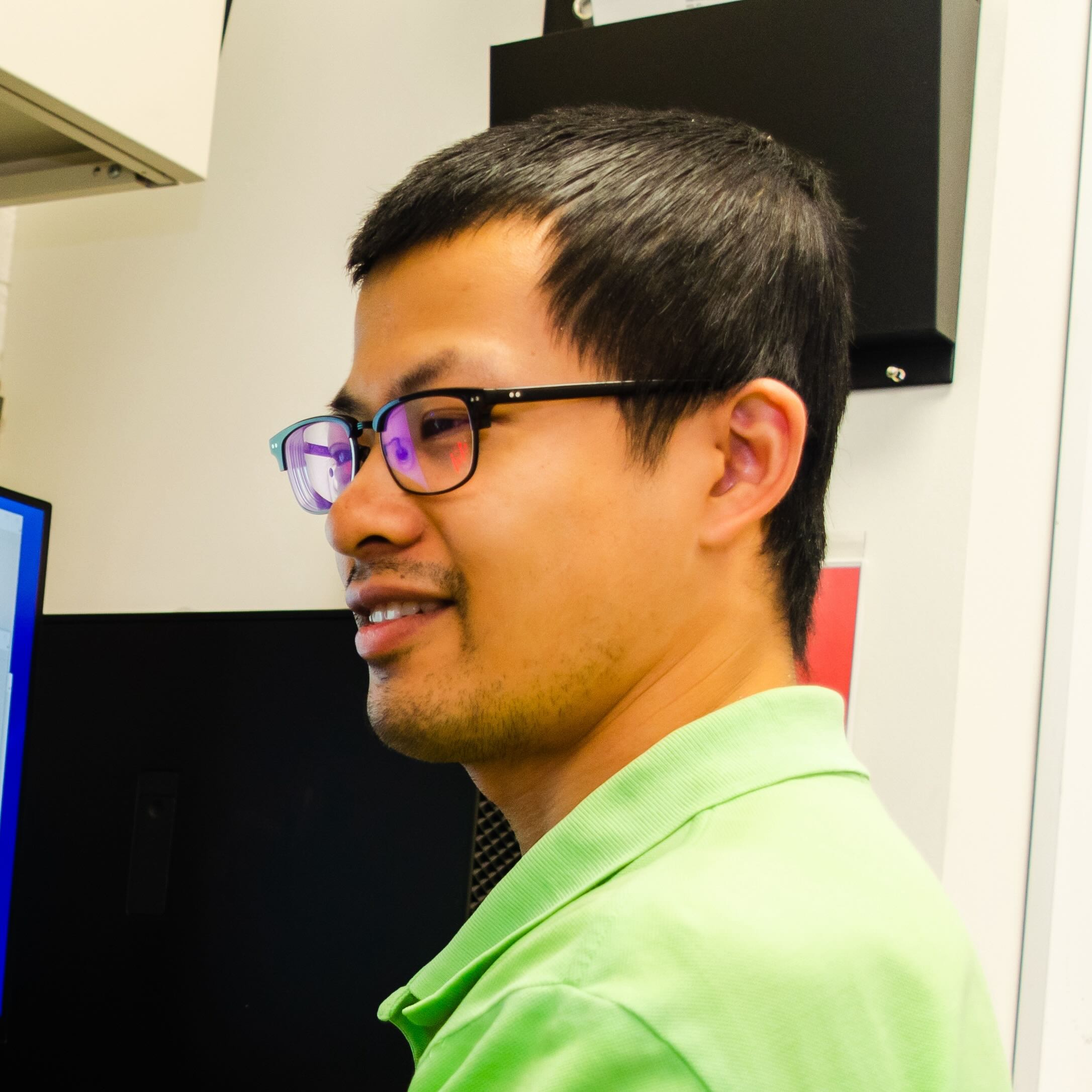
Xin Su
Industrial Engineering PhD Student [soon to be graduating!]
Xin Su studies how to use insights from models of consensus formation in social groups to develop new dynamical systems for numerical methods in optimization, such as the development of novel optimization metaheuristics.
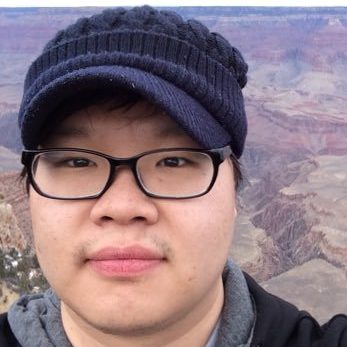
Jinyung Hong
Computer Science PhD Student [soon to be graduating!]
Jinyung Hong is interested in making improvements beyond the state of the art in deep learning (particularly continual learning) inspired by how information is represented and used in information-processing systems in the brain. He takes inspiration from theories in cognitive science (e.g., Global Workspace Theory) as well as knowledge about mechanisms that operate in information processing in the insect brain and creates synthetic artificial neural networks that improve the performance in modern computer vision tasks.
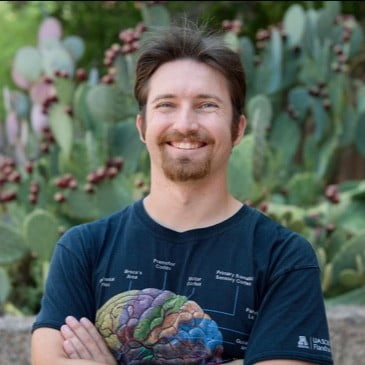
Colin Lynch
Animal Behavior PhD Student [soon to be graduating!] (co-advised by Dr. Jennifer Fewell)
Colin Lynch is interested better understanding the possible adaptive value of changes in division of labor in ant colonies (and complex adaptive systems more broadly). He has focused on studying these questions in harvester-ant colonies, where he both follows the behaviors of individual ants while also uses respirometry to track changes in energy use in groups of workers. This work has also required him to develop new statistical methods for making safe inferences about collective systems as well as new simulation models to provide a computational lens on his empirical data.
Colin Lynch is an NSF GRF recipient.
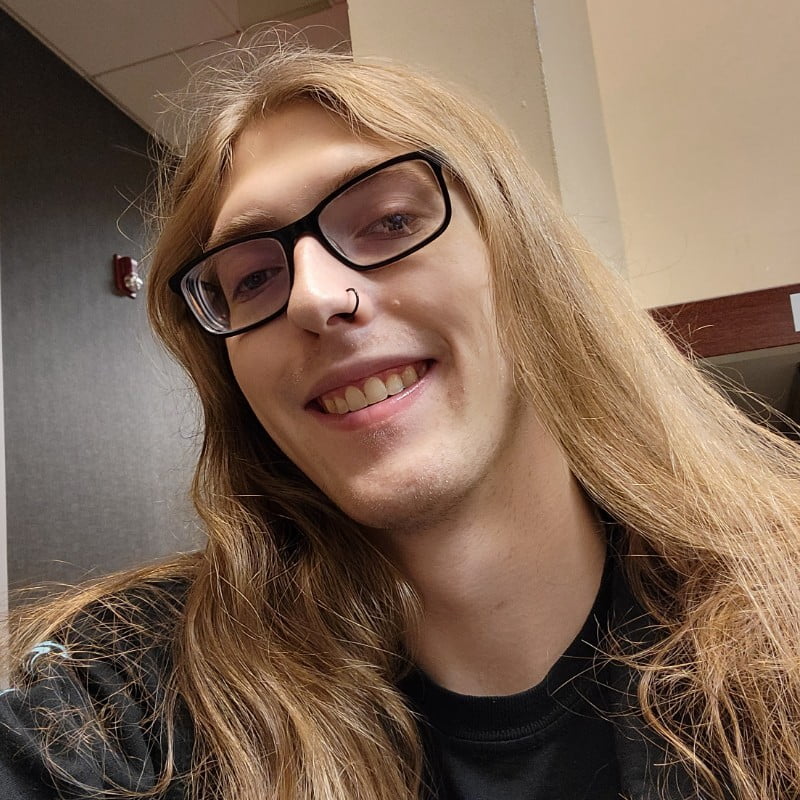
Joshua Elkins
Computer Science PhD Student (co-advised by Dr. Ben Phillips)
Joshua Elkins is interested in investigating the philosophical and technological intersections of ethics, personhood, and artificial intelligence. He uses computational tools to investigate the sometimes surprising relationship between physical systems and the humans that are embedded within them, and he makes sense of those results using theoretical tools from philosophy and ethical foundations.
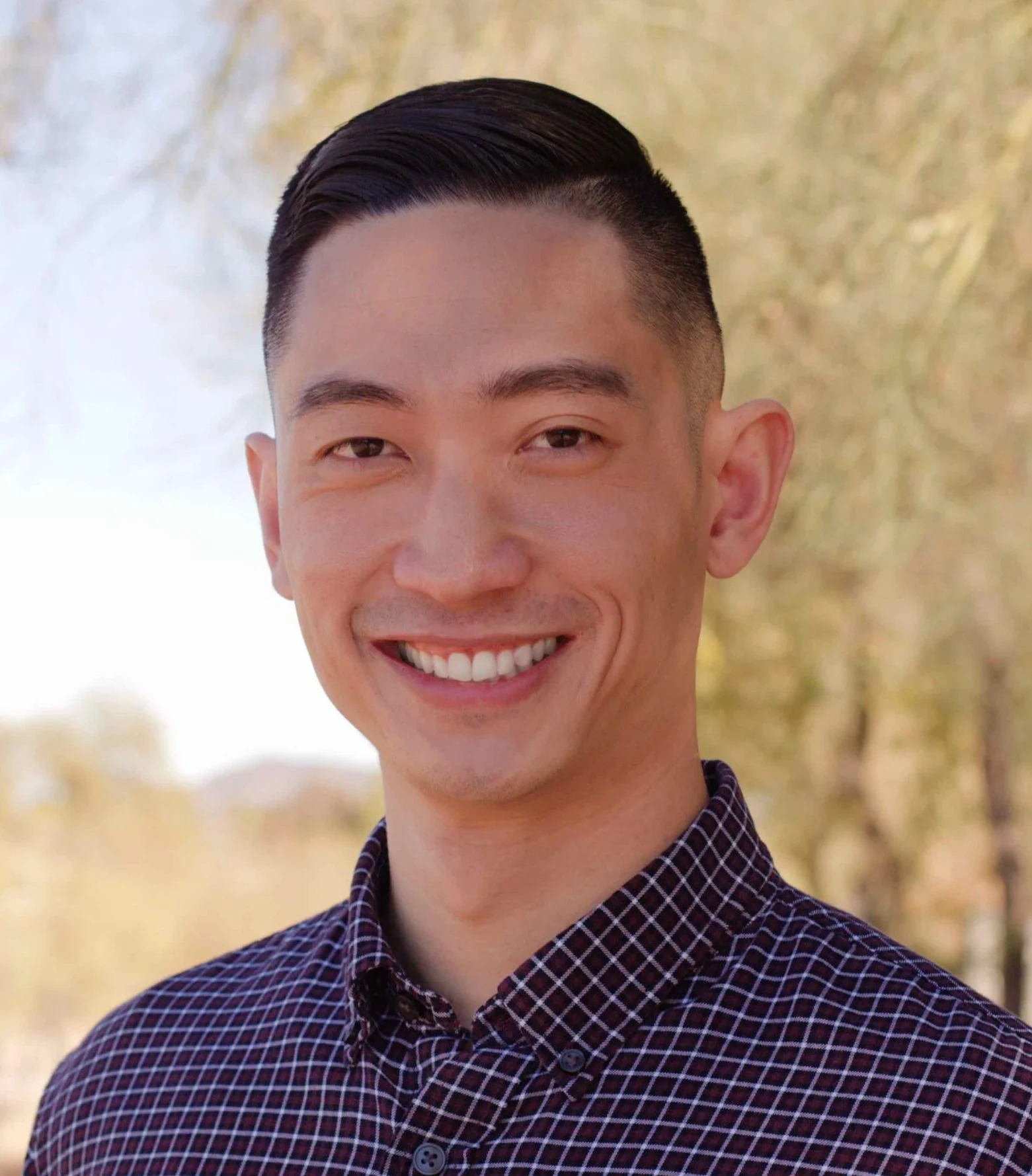
Albert Chu
Computer Science PhD Student (co-advised by Dr. Spring Berman)
Albert Chu is interested in applications of smart mobility that use automation systems to improve safety and efficiency of the human experience in cities. He has a strong background in computer vision that he is now combining with studies of multi-agent systems and swarm robotics with the goal of developing decentralized smart mobility systems that are able to reduce wait times, improve energy use, and do so in ways that do not jeopardize the safety of humans in the vicinity of their operation. His studies of decentralized systems in physical spaces have led him to study how social insects solve some similar problems (e.g., food sharing as useful analogy for energy sharing).
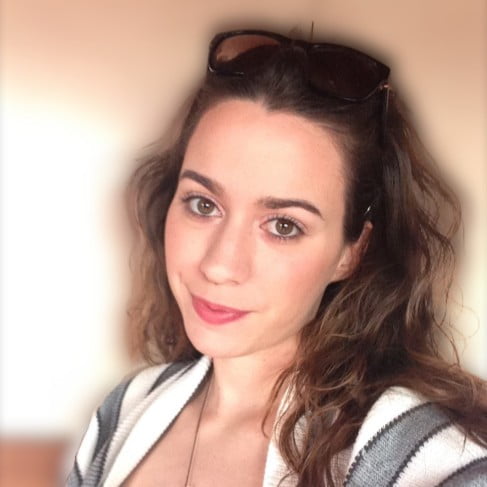
Elena Oikonomou
Computer Engineering PhD Student
Elena Oikonomou is interested in safety-critical control of robotic systems that operate in complex and unstructured environments, as in self-driving vehicles as well as flying drone swarms. She blends methods from control theory, such as control barrier functions, with tools from artificial intelligence, such as planning techniques, to help ensure that automation systems can operate safely by using a combination of proactive approaches to efficiently avoid unsafe conditions and reactive approaches as fail safes. These approaches not only help to enable human–robotic interaction, but they lead to the possibility of much closer robot–robot interactions (particularly in flying swarms) that help make it more feasible to implement decentralized, encounter-based algorithms inspired by insect swarms.
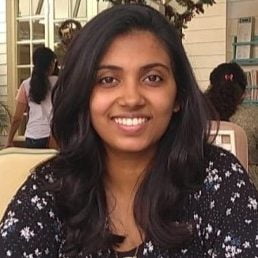
Anoushka Dasgupta
Animal Behavior PhD Student
Anoushka Dasgupta has moved from studying foraging dynamics in the colonies of Old-World paper wasps at her prior institution to studying the decision-making of ants that have the ability to, but do not always choose to, engage in effective collective transport. She focuses on ants in the genera Novomessor and Oecophylla that are not only particularly strong cooperative transporters but engage in group transport amongst the background context of polydomy (i.e., having nests distributed across several physically separated subnests). In these contexts, ants that engage in cooperative transport must “agree” (in some sense) on the value of the object being transported, the direction to transport the object, and parameters of the physical transport itself (e.g., speed). In her PhD work, she hopes to clarify how these multiple cooperative decision-making and regulation processes operate in parallel.
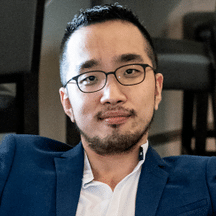
Keun Hee Park
Computer Science PhD Student [starting in Fall 2024!]
Keun Park will be (re-)joining the lab in Fall 2024! He was an MS student in the lab who graduated in Spring 2024 and decided to accept an offer to stay at ASU as a CS PhD student in the lab. His past work has been in collaboration with labmate Jinyung Hong (CS PhD student) working on improving methods in explainable AI inspired by theories from cognitive science. We are excited to see what new directions he will develop during his own PhD work!
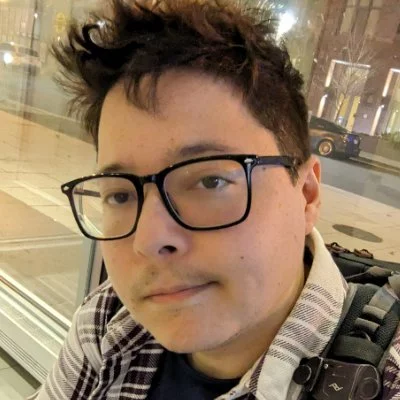
Kendrick Nakamura
Animal Behavior PhD Student [starting in Fall 2024!] (co-advised by Dr. Timothy Linskvayer)
Kendrick Nakamura will be joining the lab in Fall 2024! He has significant experience with ant husbandry as well as automating high-throughput experiments with social insects. Furthermore, he is an expert in the issues related to the legal import of insects (particularly social insects) in the hobby trade. We are excited to get started on his PhD work!
Current Masters Students
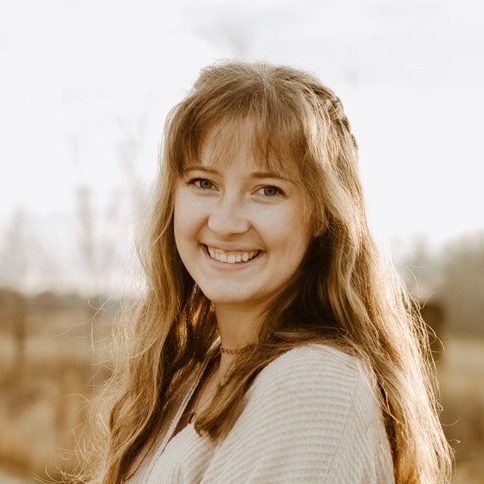
Kacy Hatfield
Media Arts and Sciences MS Student (co-advised by Dr. Pavan Turaga)
Kacy Hatfield has been working across our lab and Pavan Turaga’s Geometric Media Lab in collaboration with the Tibbetts Lab at the University of Michigan to use methods from generative AI to produce synthetic videos of paper wasps (which can recognize each other’s facial features) doing behaviors that were actually performed by other wasps. It is already known that these paper wasps adjust their behaviors in meaningful ways after eavesdropping on interactions among other wasps. By being able to generalize synthetic behaviors for wasps to observe, more hypotheses about the role of vision in how these wasps form and maintain their reproductive hierarchies will be able to be tested.
Current Bachelors Students
Bachelors students in the lab either help with undergraduate research already going on in the lab, do their own independent/group undergraduate research project, do an honors thesis, or a combination of these things.
| Student | Major | Experience(s) |
|---|---|---|
| Krish Bhalla | Biological Sciences (Biomed. Sciences) BS | Undergraduate Research |
| Amrit Kaur | Biomedical Engineering BS | Undergraduate Research |
| Ariel Aslan | Biological Sciences (Neurobio., Physio. and Behav.) BS | Undergraduate Research Project |
BEETLES
BEET Lab Engineers and Scientists
Our strength is in our disciplinary (and individual) diversity